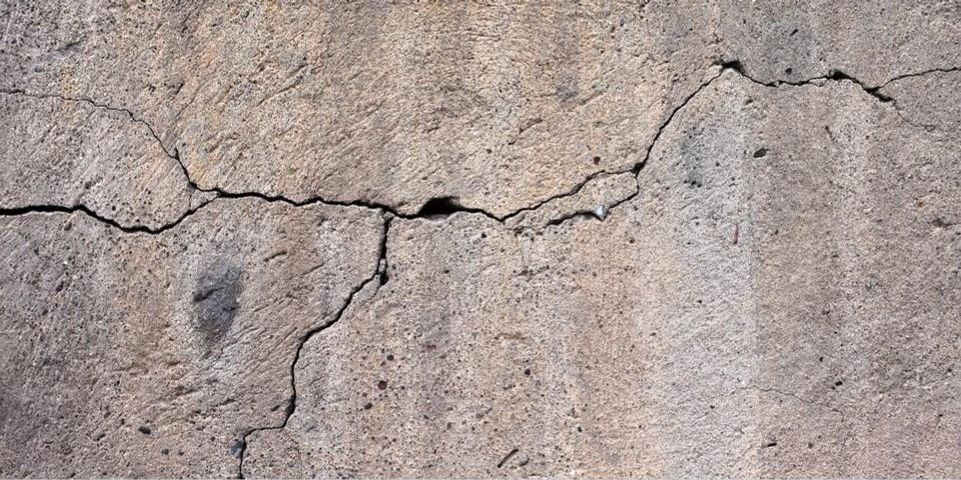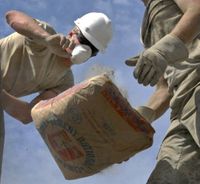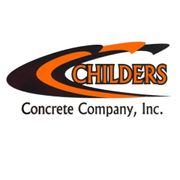Need Concrete Repair? Here Are 5 Reasons Your Concrete May Be Cracking

Concrete is one of the most widely used building materials in the world; it’s versatile, durable, and rigid. But its rigidity may also be its biggest weakness, as it is prone to cracking. The concrete repair specialists at Childers Concrete Co in High Point, NC, know that working with concrete requires careful attention and handling — from the mixing to the application.
They explain some of the things that may cause concrete to crack:
-
Excess Water: When more water is mixed in with concrete than necessary, it causes shrinkage. The excess water evaporates as the concrete dries, causing it to shrink and eventually resulting in cracks.
-
Rapid Drying: Concrete must be adequately cured to prevent cracks caused by rapid drying. Curing involves retaining moisture in the slab for the concrete to gain strength. Water, plastic film seals, and chemical membranes are some of the materials used to cure concrete.
-
Incorrect Cement:
 Concrete comes in different grades of strength, expressed in pounds per square inch or PSI. Selecting the wrong ready-mix cement for your purpose can lead to cracking or, worse, concrete failure.
Concrete comes in different grades of strength, expressed in pounds per square inch or PSI. Selecting the wrong ready-mix cement for your purpose can lead to cracking or, worse, concrete failure. -
Lack Of Control Joints: Control joints are cracks that are supposed to be there. Without them, there is no room for shrinkage and random, unplanned cracks appear in the concrete.
-
Weather: Sometimes, even good workmanship is made futile by uncooperative weather. If it’s too hot or too cold, the concrete might not set properly, resulting in surface cracking.
If there are cracks in your cement, call your local contractor for concrete repair. Working with cement is complicated and is better left to professionals. In High Point, Childers Concrete Co is the proven master of concrete repair and installation. For your next project, call them at (336) 841-3111 or visit their website.
About the Business
Have a question? Ask the experts!
Send your question

